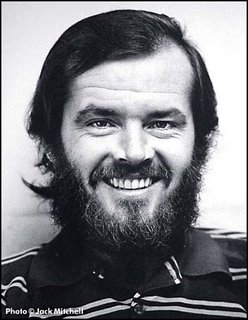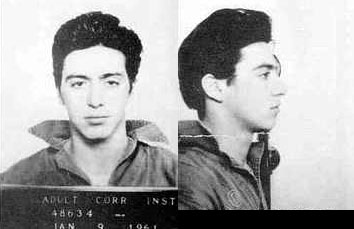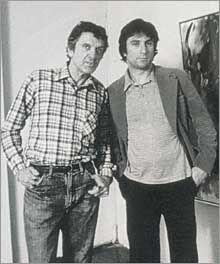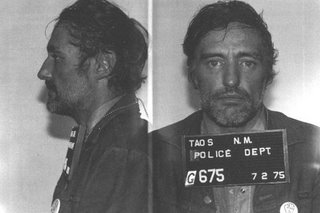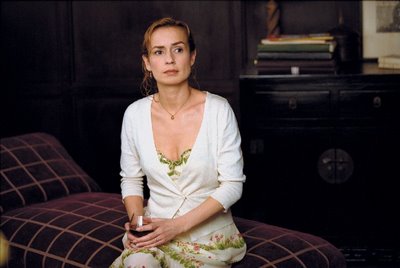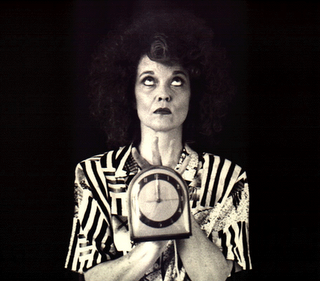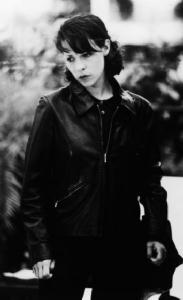
I like Lili Taylor. She can make otherwise bad movies memorable just by being in them. Her lack of super-fame has kept her in interesting roles. I don't have any spiel this week. I just think she's good and worth watching.
Recommended:
Say Anything (Cameron Crowe, 1989)
Habitat (episode of the TV show "Monsters") (Bette Gordon, 1990)
Dogfight (Nancy Savoca, 1991)
Short Cuts (Robert Altman, 1993)
Household Saints (Nancy Savoca, 1993)
Cold Fever (Fridrik Thor Fridriksson, 1995)
The Addiction (Abel Ferrara, 1995)
I Shot Andy Warhol (Mary Harron, 1996) (not such a good movie, but she's good in it)
Kicked in the Head (Matthew Harrison, 1997)
Pecker (John Waters, 1998)
High Fidelity (Stephen Frears, 2000)
Factotum (Bent Hamer, 2005)










